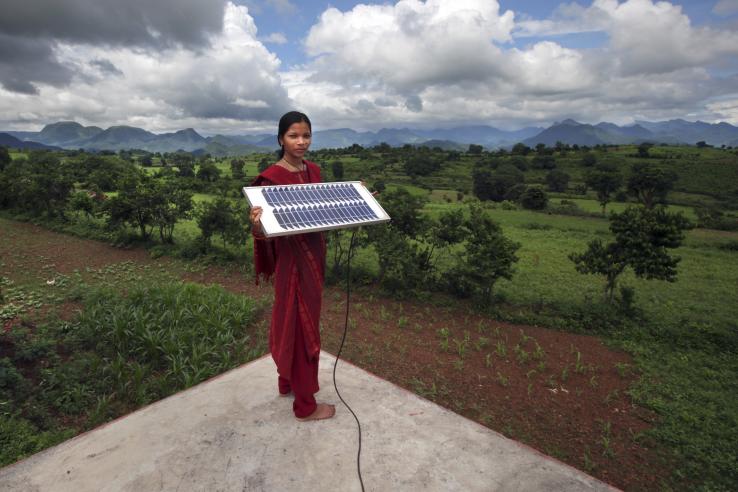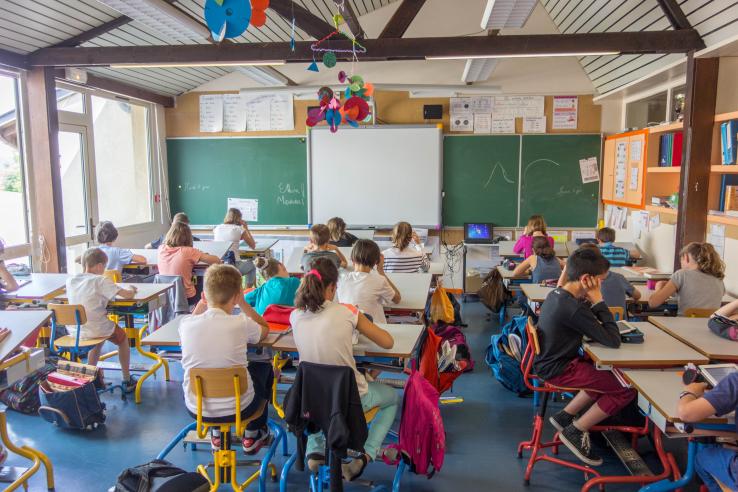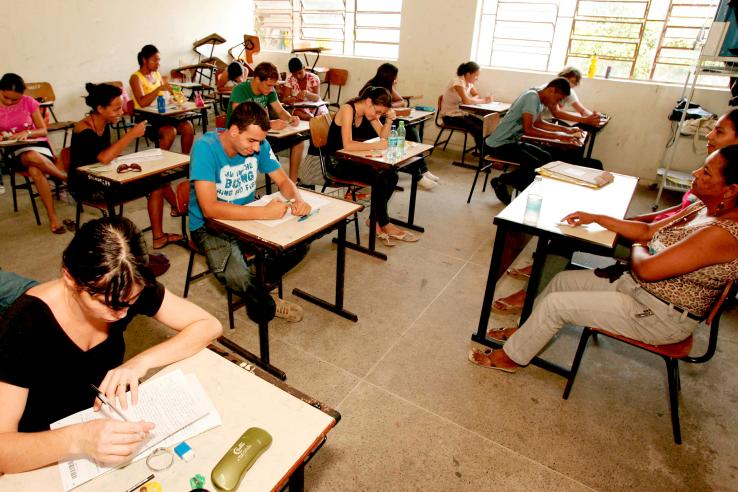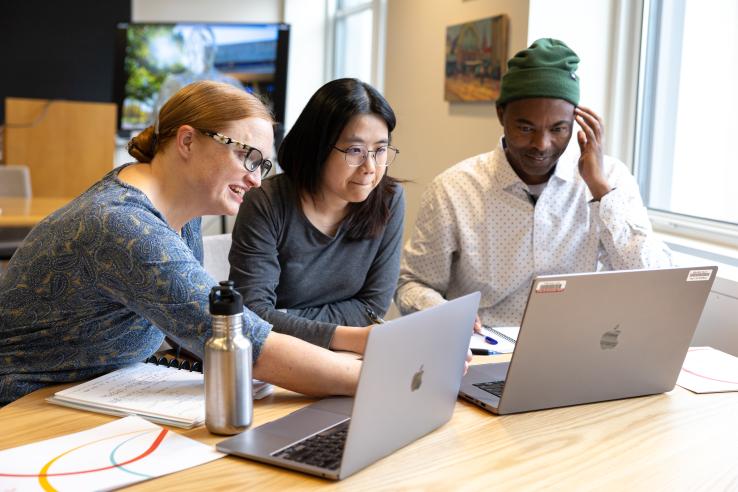Displaying 5911 - 5925 of 8491
Resource
Basic page
J-PAL and MIT Open Learning created the MicroMasters program in Data, Economics, and Design of Policy (DEDP) to equip learners with the knowledge and skills to generate and use data in program evaluation and policymaking through flexible, online, and affordable graduate-level courses.
Blog
Artificial intelligence promises to help governments meet challenges and deliver better for citizens. AI tools could be leveraged at multiple points in the public financial management cycle—from collecting revenue through taxation, to spending those revenues on public services. They could also make...
Blog
In addition to questions about AI’s big-picture impacts, pressing questions remain about the effects specific use cases will have on outcomes in the real world. History gives us reason to be careful. Over the past two decades, new technologies launched with great promise often fell short when...
Blog
AI has the potential to improve access to and quality of health care. However, evidence on the real-world impacts of AI solutions on providers and patients is scarce. Closing these evidence gaps is key to ensuring policymakers can responsibly scale AI that supports healthcare workers and patients.
Evaluation
Researchers conducted a randomized evaluation to assess how fact-checks regularly sent to participants through WhatsApp can affect their ability to discern false information, as well as their beliefs and attitudes related to topics subject to viral misinformation, particularly Covid-19. Overall, the intervention improved participants’ ability to detect misinformation and somewhat increased their willingness to participate in Covid-19 safety measures, particularly when the intervention was delivered in the form of a short text or a podcast with empathetic language.
Initiative
The King Climate Action Initiative (K-CAI) at J-PAL generates evidence and catalyzes the scale-up of high-impact policy solutions at the nexus of climate change and poverty alleviation in partnership with governments, NGOs, donors, and companies worldwide. K-CAI strives to build a movement of...
Update
J-PAL Updates
J-PAL at MIT announced today that Professor Abhijit Banerjee, Nobel laureate and J-PAL co-founder, visited the United Arab Emirates and Qatar for a series of high-level engagements with government leaders, philanthropists, academic institutions, and civil society organizations.
J-PAL office
Research Paper
File: Research paper
Research Paper
File: Research paper
The Evidence Effect
Payments for ecosystem services (PES)—conditional cash to protect forests and curb pollution—reduce deforestation and cut emissions at strikingly low cost when well designed. Smart tweaks like full‑parcel enrollment, satellite verification, and liquidity‑building upfront payments dramatically boost...
Initiative
Launched in 2019, J-PAL’s European Social Inclusion Initiative (ESII) aims to generate and share widely applicable lessons about promoting social inclusion in Europe through research, training and policy outreach.
Initiative Resource
Initiative projects and documents
Blog
The work of government is challenging in high- and low-income countries alike. Today, new problems compound to make the work of government even harder: Governments must tackle poverty and address climate change while many are in the midst of debt and fiscal crises that were compounded by Covid.
Event
J-PAL’s Evaluating AI Solutions Training Workshop is an immersive, three-day training that equips participants with the tools to evaluate the impact of AI-powered interventions and solutions and make evidence-informed decisions. This course builds a practical foundation for measuring the impact of...








